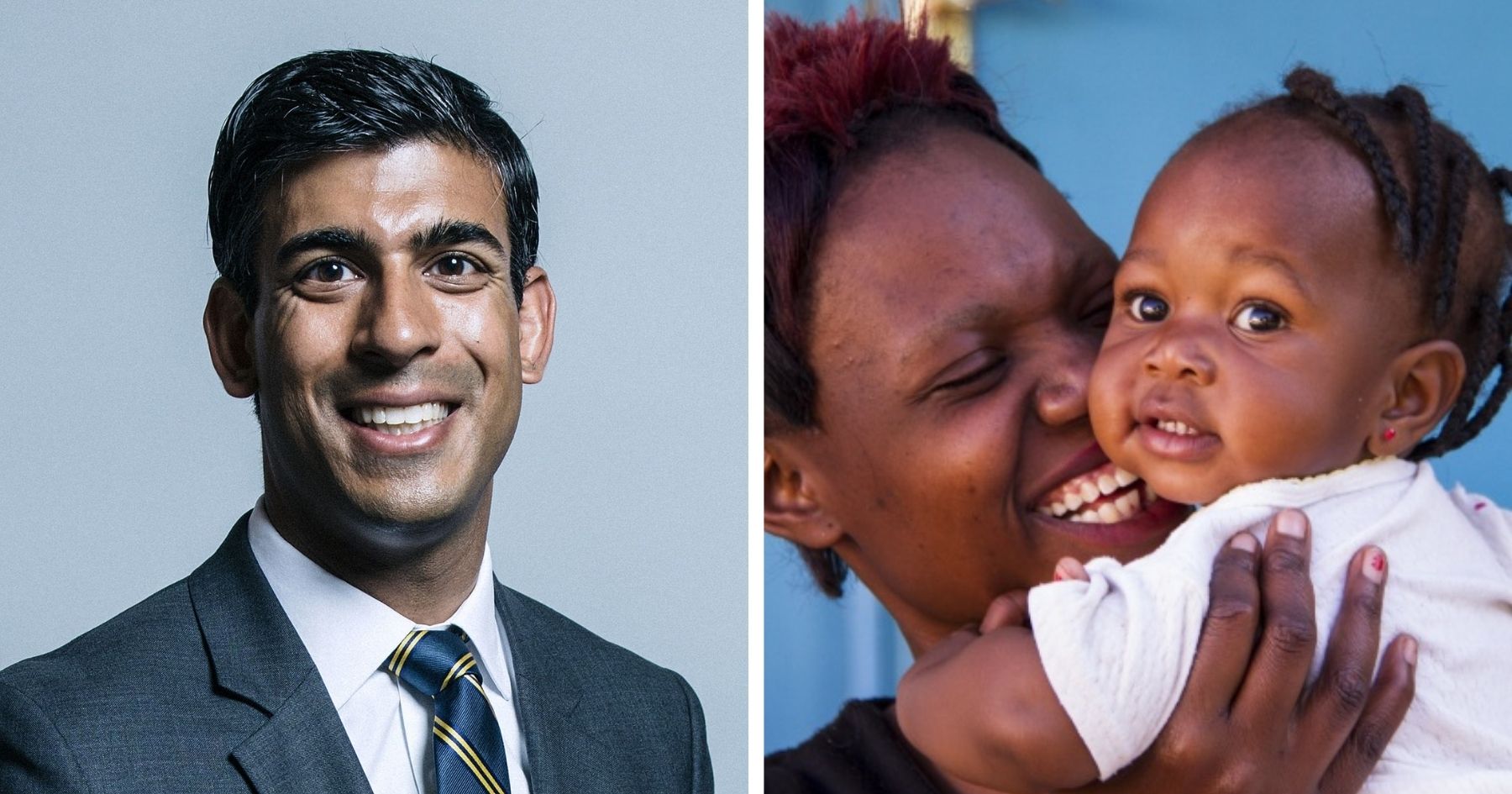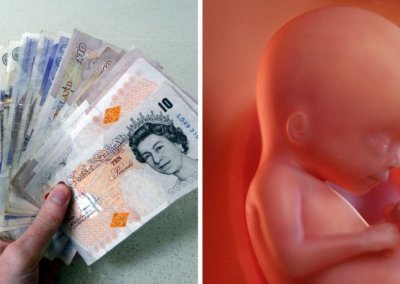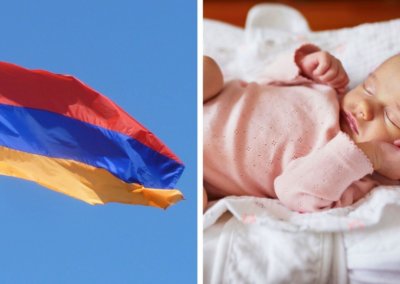International abortion providers have had their funding from British taxpayers cut by up to 85% as part of a Government commitment to reduce the UK’s foreign aid budget. Chancellor Rishi Sunak announced he would be reducing the UK’s commitment of foreign aid spending from 0.7% to 0.5% of national income, as a result of the financial pressures of the COVID-19 pandemic.
These cuts follow years of successive Conservative Governments making large increases in the amount of taxpayer money they contribute to organisations that provide abortion.
The Government initially pledged £154 million to the United Nations Population Fund (UNFPA), an agency that oversees a range of operations, including abortion provision. The Government has since reduced this pledge to £23m for the upcoming financial year.
In 2017 the US withdrew UNFPA funding after a state department investigation found evidence that the agency facilitates programmes of involuntary abortion and sterilisation in China.
The UK Government’s Women’s Integrated Sexual Health programme (WISH), which works with abortion providers MSI Reproductive Choices (formerly Marie Stopes International) and International Planned Parenthood Federation (IPPF), will receive zero funding in the coming year. IPPF will lose an estimated £72m of UK taxpayer funding as a result of these new cuts.
Between 2010, when the Conservatives took power, and 2018, the then Department for International Development (DfID) increased its contributions to the abortion giant MSI Reproductive Choices by over 1,300% from £3,231,000 in 2010 to £48,173,000 in 2018.
Financial statements for the company found in Companies House reveal that between 2010 and 2018 the UK taxpayer has given almost £300m of taxpayers’ money to MSI, with over three-quarters of that total given between 2014 and 2018. This enormous increase has made DfID the single biggest donor to Marie Stopes International (MSI). The total financial contributions from the Foreign, Commonwealth & Development Office (FCDO), which replaced DfID in 2020, do not include any money the British Government provides for MSI Reproductive Choices’ abortion provision in the UK.
UK Government contributions to MSI accounted for over 16% of their entire £296,849,000 income in 2018. This represents a dramatic increase from 2010 when DfID provided only 2.49% of MSI’s income for that year.
In September 2019, the Conservative Government provided an additional £600m of taxpayer money for overseas “family planning”, which included funding abortions. The pledge was the UK Government’s largest ever stand-alone spend of taxpayer money in this area and came on top of the £1.1 billion already pledged over a 5-year period beginning in 2017.
Polling from Savanta ComRes shows that 65% of the British population are opposed to taxpayer money being used to fund abortions overseas.
In a statement, IPPF said: “Without additional funding, IPPF will be forced to close services in Afghanistan, Bangladesh, Zambia, Mozambique, Zimbabwe, Cote D’Ivoire, Cameroon, Uganda, Nepal and Lebanon and may be forced to close services in an additional 9 countries”.
Right To Life UK spokesperson, Catherine Robinson, said: “These significant cuts to international abortion providers are most welcome. However, it remains a scandal that the UK Government is using taxpayers’ money in this way to begin with. That a single penny of our taxes goes towards ending the lives of children in the womb anywhere in the world is a gross misuse of our money and abuse of government powers”.
“This move will likely be welcomed by the British public too, 65% of whom have stated they are opposed to their taxes being used to fund overseas abortions”.











